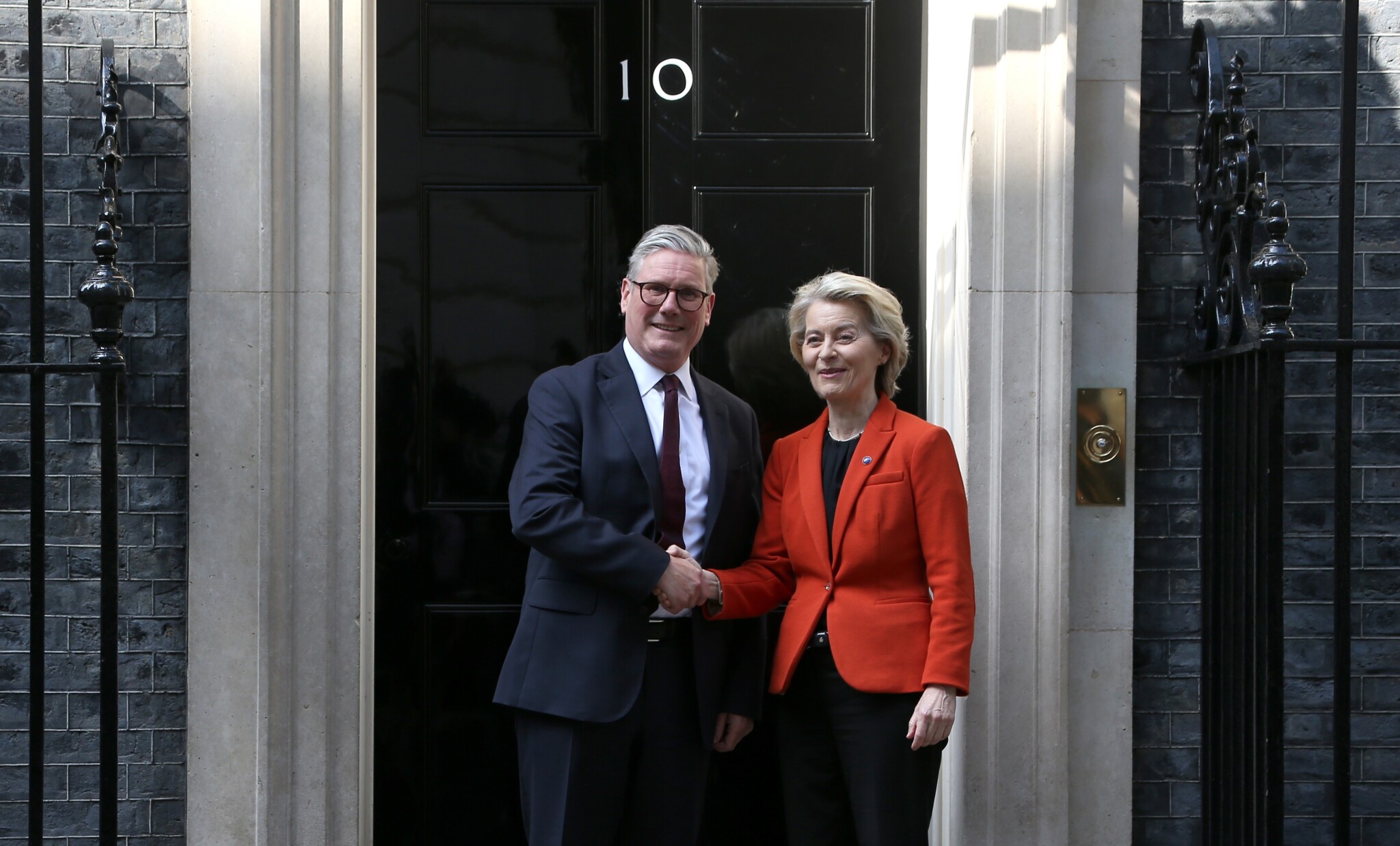“It is very easy to sign deals if you are prepared to give everything away for pennies”.
So said Kemi Badenoch in yesterday’s House of Commons debate on the recent UK-EU summit, during which Prime Minister Keir Starmer negotiated new agreements with the EU to effectively reintegrate Britain into the trade bloc. The headlines have been favorable: Great Britain’s struggle to reap the promised financial and legal rewards of Brexit since 2021 have haunted the Brexit movement’s legacy and the international reputation of the nation more broadly.
Apparent benefits of the new agreements include the provision for British travelers to rejoin shorter queues at airports, normally reserved for EU member states which have signed up to the Schengen agreement permitting free movement within the bloc, a recognizable improvement for Britons. But, as Badenoch pointed out, the victory is superficial: Some airports already allow British passengers to join these queues, and there is no official guarantee laid out in the EU-UK agreement to enact this change comprehensively.
Enjoy independent, ad-free journalism - delivered to your inbox each week
Badenoch referred to the most controversial aspect of the new agreements with particular vigor, arguing that Starmer effectively gave away one of Britain’s most coveted assets for nothing: British fishing grounds are to be kept open for use by EU boats for another 12 years, undercutting the previous agreement to extend EU access to British waters until 2026. It is a financially punishing decision which the National Federation of Fishermen’s Organisations has described as a “surrender”. Further concessions include the commitment to EU laws on food and agriculture, which will cede legislative power in an already highly regulated industry to EU bureaucrats. These are concessions which recall the entire motivation of the Brexit campaign to begin with. As British farms struggle to pay crippling inheritance taxes under the Labour regime, they will continue to have no say on the regulations which determine their output. On energy, too, Britain will likely have to sign up to the EU’s Emissions Trading System (EU ETS), a punitive scheme designed to cap greenhouse gas emissions in energy-costly sectors. In a time of increasing public rejection of “Net Zero” goals – with Ed Miliband’s idealistic vision of a green Britain ridiculed by voters – this decision seems actively hostile to the British electorate.
As a whole, the summit reveals Labour’s unsurprising hostility to the democratic outcome of the 2016 vote. A nation fatigued with years of Tory – and now Labour – incompetence in the wake of Brexit might have lost its fervor for national sovereignty, but it should stop and think: Why should we agree to this while not being in the EU? Having endured years of punishment from the very bloc which benefited from British membership far more than it gave, the British position should be to maintain strong links with the US and Asian markets, not to capitulate to an unaccountable European mega-bureaucracy. The government should seek to actually occupy the world stage in a serious way, as Starmer claims his government is doing, and show strength to its neighbors rather than congratulate itself for giving in to agreements which are more punitive than they are beneficial, in the name of superficial harmony. To be seen to turn its back on the Atlantic promises is not just symbolic trouble but financial: Trump’s tariffs may well extend to the small island making up one half of an undeniably shaky “special relationship”.

Labour’s EU stance shows contempt for Brexit’s result. Britain should lead globally, not crawl back to Brussels and risk US ties for empty harmony
Without a doubt, Tories did not handle the aftermath of the Brexit vote well. Besides Theresa May’s repeated failures to secure a favorable deal with the EU, perhaps the greatest travesty of the post-Brexit landscape was the “Boriswave” of immigration from developing countries outside of Europe. The demographic shift of immigrants, away from Eastern Europe and towards Africa and Asia, accompanied a rise – not a reduction – in overall levels of immigration, despite the clear mandate given by the Brexit referendum to reduce overall immigration and to prioritize migrants who would integrate well into the nation and not effectively reduce wages for primary sector work. But, in the midst of a protracted COVID-19 panic, Boris Johnson used his premiership to do the exact opposite.
The aftermath of Brexit showed the sheer difficulty, if not near-impossibility, of asserting autonomy from Brussels bureaucracy in the modern age. After waiting five years for a real exit, Britain now faces several more years of effective subordination to EU laws. What this debacle shows is that “sovereignty” means very little in an age of governance by unelected bureaucrats in Whitehall and the transference of power from elected officials to invisible managers of decline.




Comments (0)
Only supporting or founding members can comment on our articles.